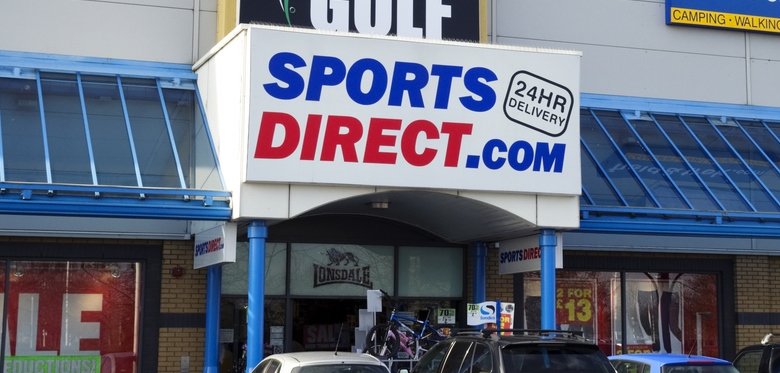Recently, the chairman of Sports Direct, Keith Hellawell, survived a so-called 'shareholder revolt' to remain in his post.
Mr Hellawell has been under pressure for the past 18 months since the company was subject to several media reports highlighting working conditions at Sports Direct's main warehouse and later was asked to appear in front of a parliamentary committee.
Following the controversy, he had faced a hostile reception at the company's 2016 AGM and later at a specially convened meeting earlier this month, where he was accused of overseeing a 'a catalogue of governance and operational failures' under his watch. However, despite widespread dissatisfaction with his performance, Mr Hellawell survived the two successive votes.
So how was Mr Hellawell able to to remain in his post despite overwhelming opposition to his tenure?
Generally, the voting requirement for passing a resolution at a company’s annual general meeting is – of those shareholders voting and attending - 50 per cent for an ordinary resolution and 75 per cent for a special resolution.
However, this is not a matter of ‘one-man-one-vote’. Vote allocation is directly attributed to the amount of shares held, which is problematic for those who would wish to see the back of Mr Hellawell. Chief Executive, Mike Ashley, owns 55 per cent of Sports Direct and therefore held the lion’s share of the votes when Mr Hellawell was ‘backed’ in September last year.
In the past, such an impasse might have allowed Mr Hellawell to remain for as long as the majority shareholder wished him to. However, under the recently introduced ‘city rules’ - designed to protect private shareholders and their interests – he was obliged to face a second vote. While this too resulted in a vote to back Mr Hellawell, he will have to face the shareholders again at the 2017 AGM in September.
This is still some time away and I would expect that those groups which have campaigned to oust Mr Hellawell will redouble their efforts between now and then. Groups representing investors, such as the Investment Association, Pensions Investment Research Consultants (PIRC) and the National Association of Pension Funds (NAPF) are all highly influential in the affairs of public companies.
What’s more, recent events have shown that shareholders – even minority shareholders – can be successful in curtailing the powers of executives. For instance, April last year, BP bosses endured their own ‘shareholder’s revolt’ when a non-binding vote effectively blocked their CEO’s £14m pay increase.
Shareholders will be further emboldened by the noises coming from Westminster. Shortly after Theresa May became PM, she suggested that shareholders would benefit from a raft of new powers to curb ‘boardroom excess’. The Institute of Directors have been equally bullish.
In short, I would suggest that independent shareholders at Sports Direct are in a far stronger position than the recent votes might suggest.



Comments